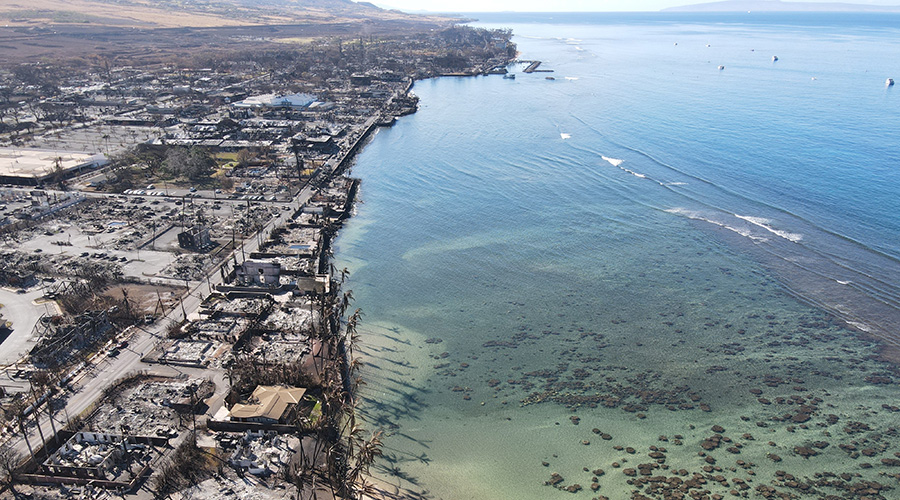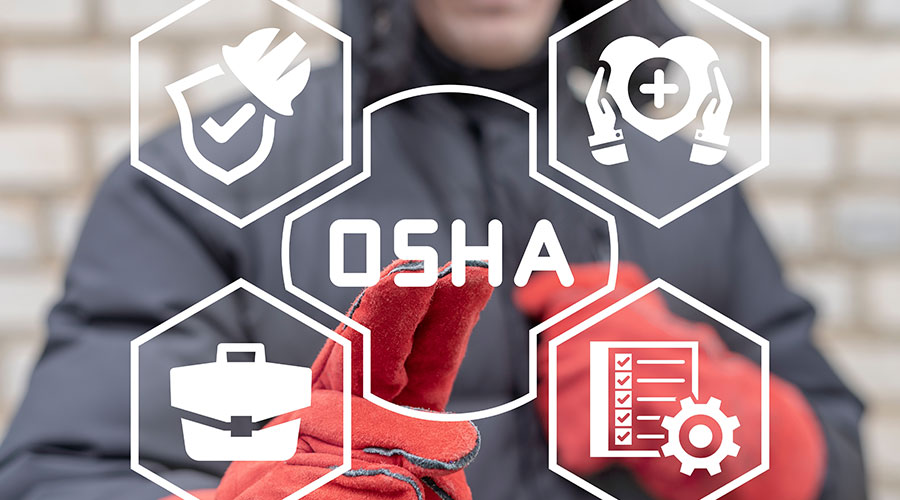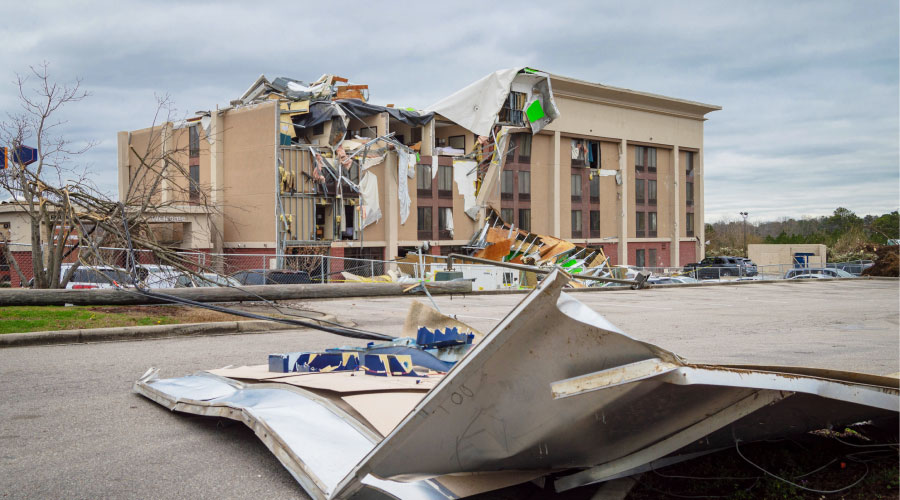Ebola Awareness And Readiness Steps, Plus More Resources
Here, experts offer additional advice to facility managers about maintaining Ebola awareness and readiness steps they might consider. Online resources are offered after the experts’ question-and-answer session.
Q: What information should facility managers be watching for that would indicate a need for (further) action?
Ahrens: At present, education is key. I could see unnecessary concern by tenants. Occupants should be educated about Ebola. Awareness is key so that potential misconceptions can be avoided.
Bechtol: We should follow CDC guidelines and keep on top of our local and national news programming.
Lang: Local area infection rates, is it spreading, and what the CDC is saying. Contact local hospitals to see what recommendations they have if someone is identified with the symptoms or has already been diagnosed
Q:What steps should FMs be prepared to take, should the situation worsen?
Ahrens: Internal/tenant education and monitoring is key. Getting information out now will save headaches in the future.
Bechtol: We are reviewing and drilling our emergency management plans and making sure we are observant for any problems each and every day while staffing our museums and support centers. We are treating this possible emergency situation similarly to previous pandemic exercises.
Lang: Just like the former pandemic plan, be ready for backup personnel in all the critical areas and make sure those are staffed. Since this is not an airborne issue, the results of being diagnosed are slow, thus allowing proactive response. Travel alerts should be in place as well as travel restrictions to those heavily infected areas. Education is the key to all this, without the panic mode.
Robbinson: Clients may want to know that their facilities have more advanced plans, protocols, and procedures available should the Ebola situation get worse in the regions of the world where they operate.
It would be good planning to take existing Business Continuity Plans and see how might need to be updated to include preparedness and response to an Ebola outbreak, however unlikely that risk may be at the current time.
Those of us who prepared Pandemic Influenza Preparedness and Response Plans or coordinated with our clients’ response plans will find that some of those protocols may be applicable for use in the unlikely event of an “outbreak” of Ebola.
Staying in communication with clients about current and potential plans is a good way to help ease their concerns as well as ensure that you are ready to react if needed.
Here are some additional resources on Ebola for facility managers:
• OSHA offers an array of Ebola information here.
• Find the Centers for Disease Control and Prevention’s “Health Care Facility Preparedness Checklist for Ebola Virus Disease” here.
• The International Facility Management Association collects some information sources here.
• The IEHA, the organization of facility housekeeping managers, offers a brief fact sheet on Ebola with some tips from Dr. Benjamin Tanner, founder and president of Antimicrobial Test Laboratories, in Austin, Texas, at this web page.
• International SOS, which describes itself as the world’s leading medical and travel security services company, offers a useful roundup of Ebola information here.
Related Topics:












